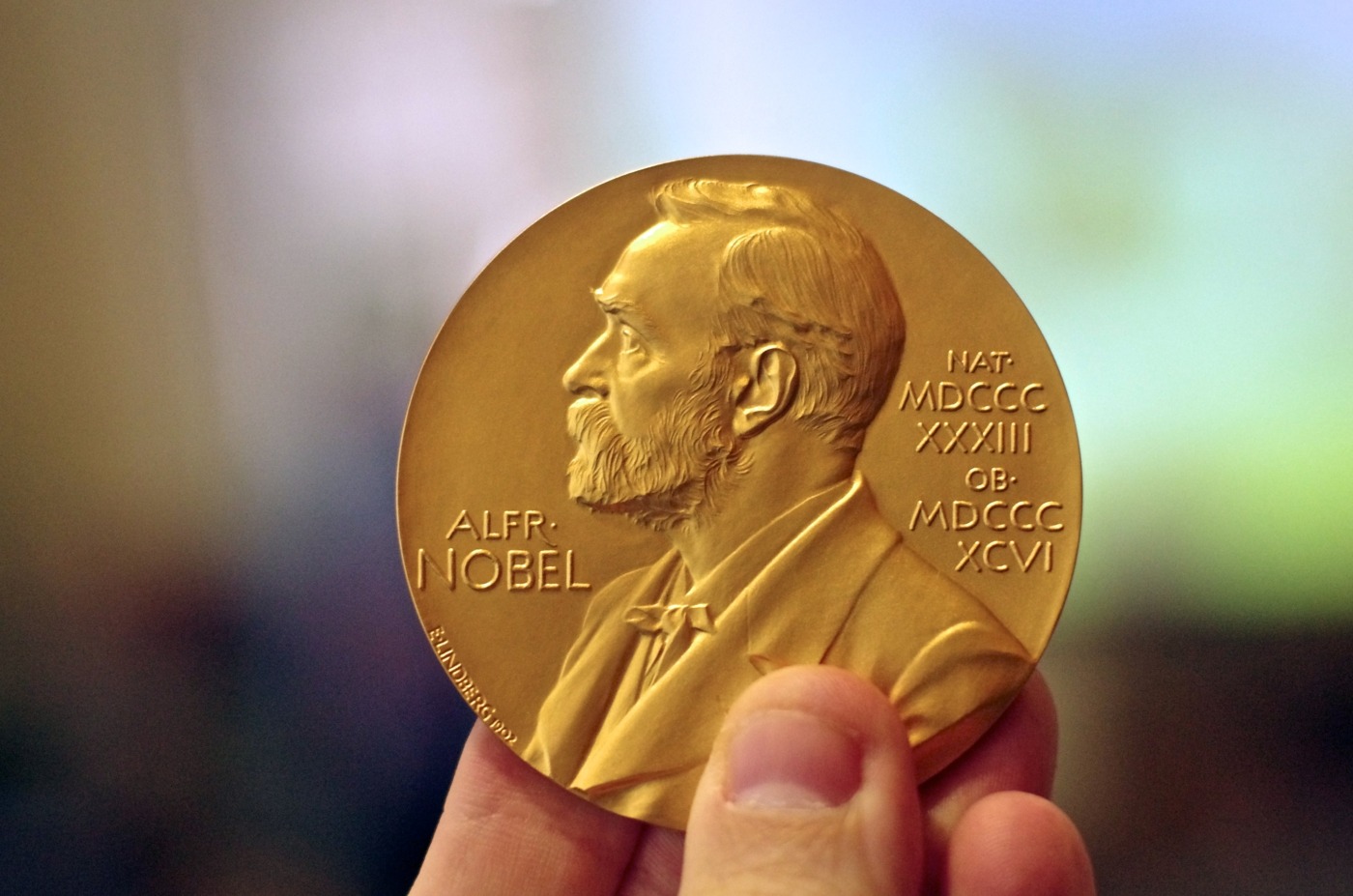US auction theorists win Nobel Economics Prize
Two US game theory experts, Paul Milgrom and Robert Wilson, have won the 2020 Nobel Economics Prize. According to the Royal Swedish Academy of Sciences, which awards the prize, the duo’s work on auction theory “benefitted sellers, buyers and taxpayers” worldwide. Stanford University has also explained their research as underlying “much of today’s economy – for the way Google sells advertising to the way telecoms companies acquire airwaves from the government.” What exactly is auction theory, and how has it proven so influential?
Auction theory is a branch of game theory which uses maths to study decision-making, conflict and strategy in social situations. It was initially developed by William Vickrey in the 1960s, who applied game theory to assess the optimal strategies for auction bidders, and he studied the revenue and efficiency properties of different auction formats. He focused on certain basic cases, in which a bidder’s valuation of the good is unrelated to what other bidders think. But this is the not the case in real life. What one person believes an auctioned item is worth often depends on the valuations of other bidders, because they may have access to private information, which is revealed through how they bid.
Governments and major corporations have turned to auctions over the past few decades to allocate resources and rights
When we think of auctions, we think of a bunch of people in a room, bidding on a piece of art or some other product. But the field has evolved – governments and major corporations have turned to auctions over the past few decades to allocate resources and rights. When you see an ad online, for example, it is there because it won a hugely complex auction. For governments, however, the value of an auction is complicated. When you’re a private seller, the ideal auction is the one that gets the highest price, but a public sector seller has other considerations, such as which bidder gives the most benefit to society.
This is where the work of Milgrom and Wilson come in – put simply, they have analysed how to design auctions to get the best results. Wilson’s developed a theory for what is known as a common value auction – the value of the object is uncertain beforehand, but it winds up being the same for everyone. Think something like the volume of a mineral in a certain area, which will be the same no matter who wins. He also looked at why rational bidders tend to place maximum bids that are below what they estimate the actual value of an object to be – people worry about overpaying to win.
Milgrom built on this work, developing a theory for where the object is valued differently by different bidders. He also demonstrated that sellers should get a higher revenue when bidders learn more about each other’s estimated values during bidding. Their work and their practicality was praised by Joshua Gans, a professor at the University of Toronto: “They realised that when the world got too complex, they shouldn’t adhere to proving strict theorems.” Paul Klemperer, a leading auction theorist at Oxford, said: “Robert Wilson is the father of practical auction design, and Paul Milgrom could easily have won a second Nobel Prize for his work on the economics of information.”
The Nobel prize in economics once again goes to a couple of old white men who published esoteric mathematical squiggles years ago that have little or no bearing on the lives of ordinary people
David Blanchflower
This year’s win was not without controversy, and a number of figures in the field came out against the win. The Rethinking Economics charity, which pushes for a broader application of economics, said it was “disappointing” the prize had been awarded to “two white men from the global north working on auction theory”. It also warned that economics was out of touch with global problems. Its co-director, Catriona Watson, said: “The Nobel Prize as a marker of excellence in the field needs to become reflective of our global community and address the most pressing issues of our time like the climate crisis, the pandemic or structural racial injustice – otherwise it risks becoming increasing irrelevant.”
The former Bank of England policymaker David Blanchflower echoed these points, saying the award failed “to reward people for finding things about the real world rather than for playing economic games”. He said: “The Nobel prize in economics once again goes to a couple of old white men who published esoteric mathematical squiggles years ago that have little or no bearing on the lives of ordinary people. Their work has nothing to say about improving the condition of the man or woman on the Clapham omnibus. Work on the auction price of fish in the Indian Ocean doesn’t seem that important in the midst of a pandemic with people struggling to pay the bills.”
Despite the detractors, auction theory will be pertinent as we move forward as a society. It helps govern what we see on the internet, and it could be significant in allocating scarce resources in times of environmental or economic difficulty. Milgrom and Wilson’s work has reshaped modern economics, and the duo are fitting winners of this most prestigious award.

Comments